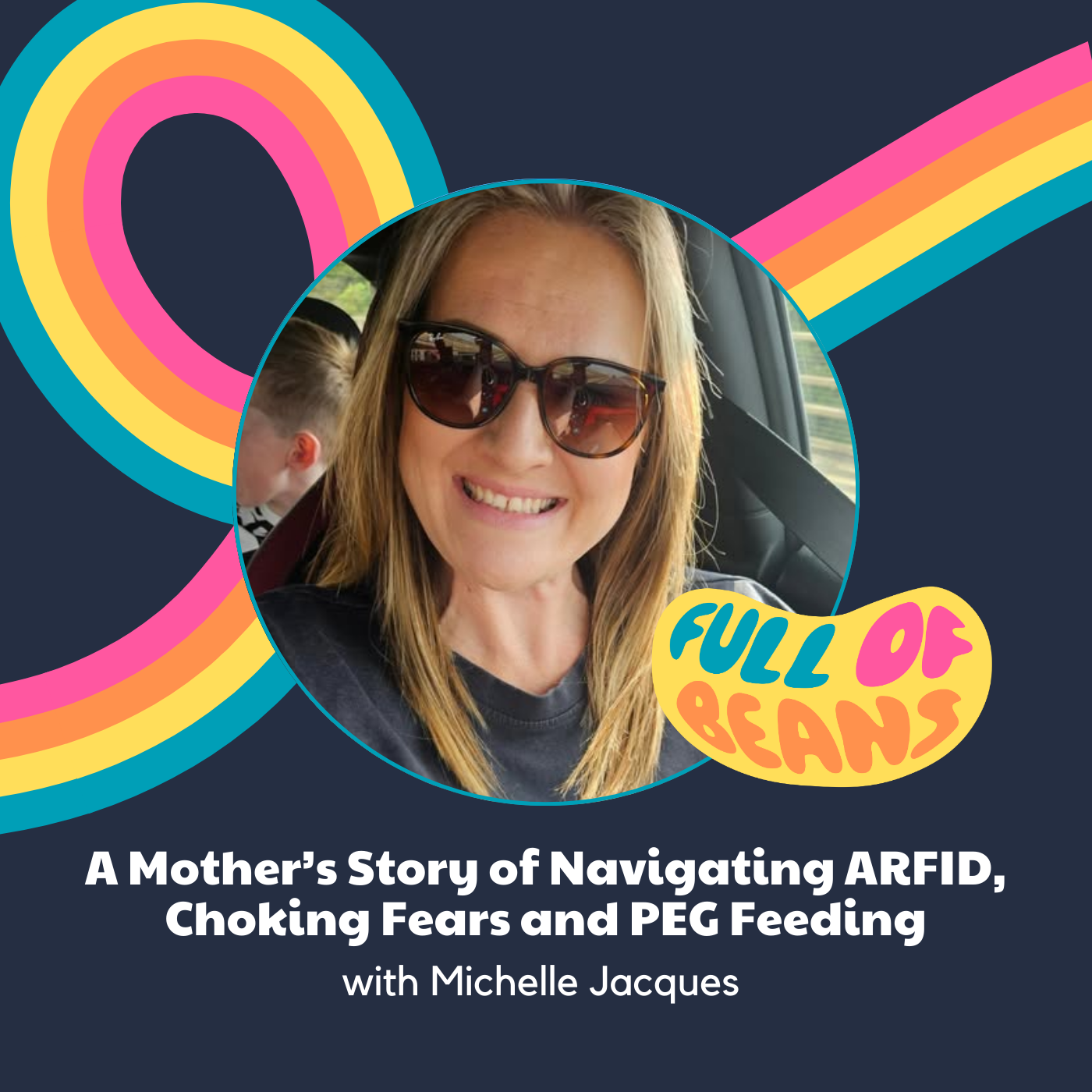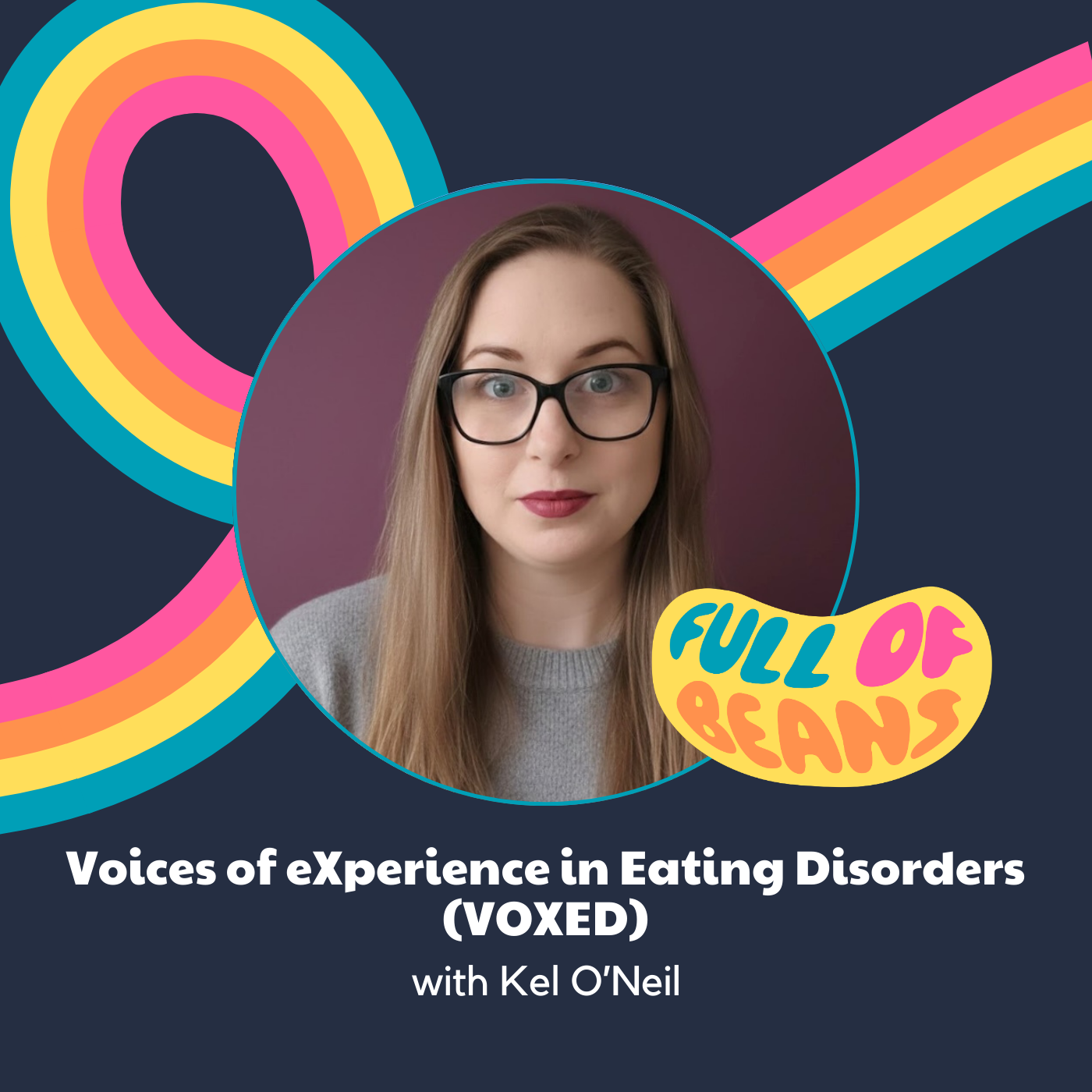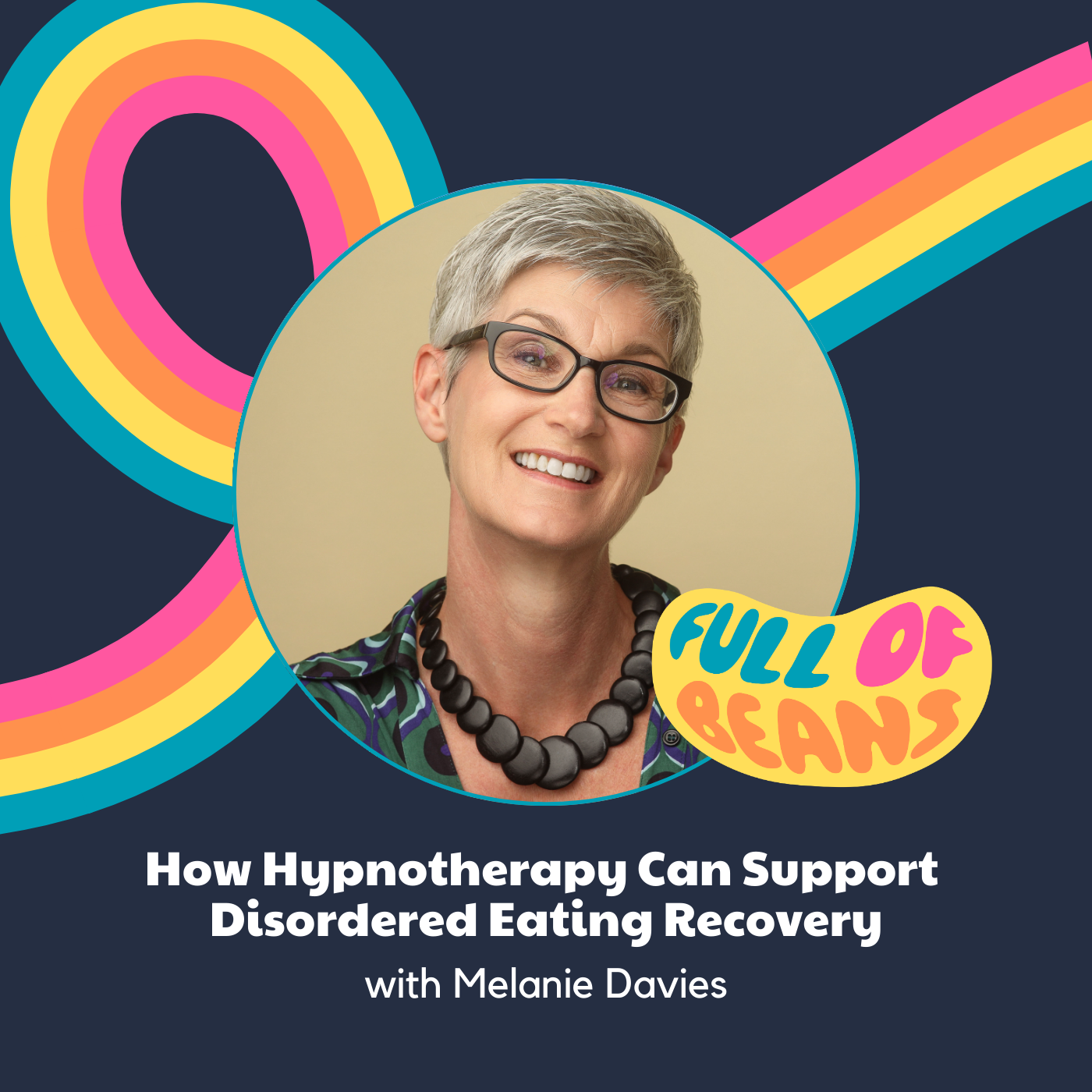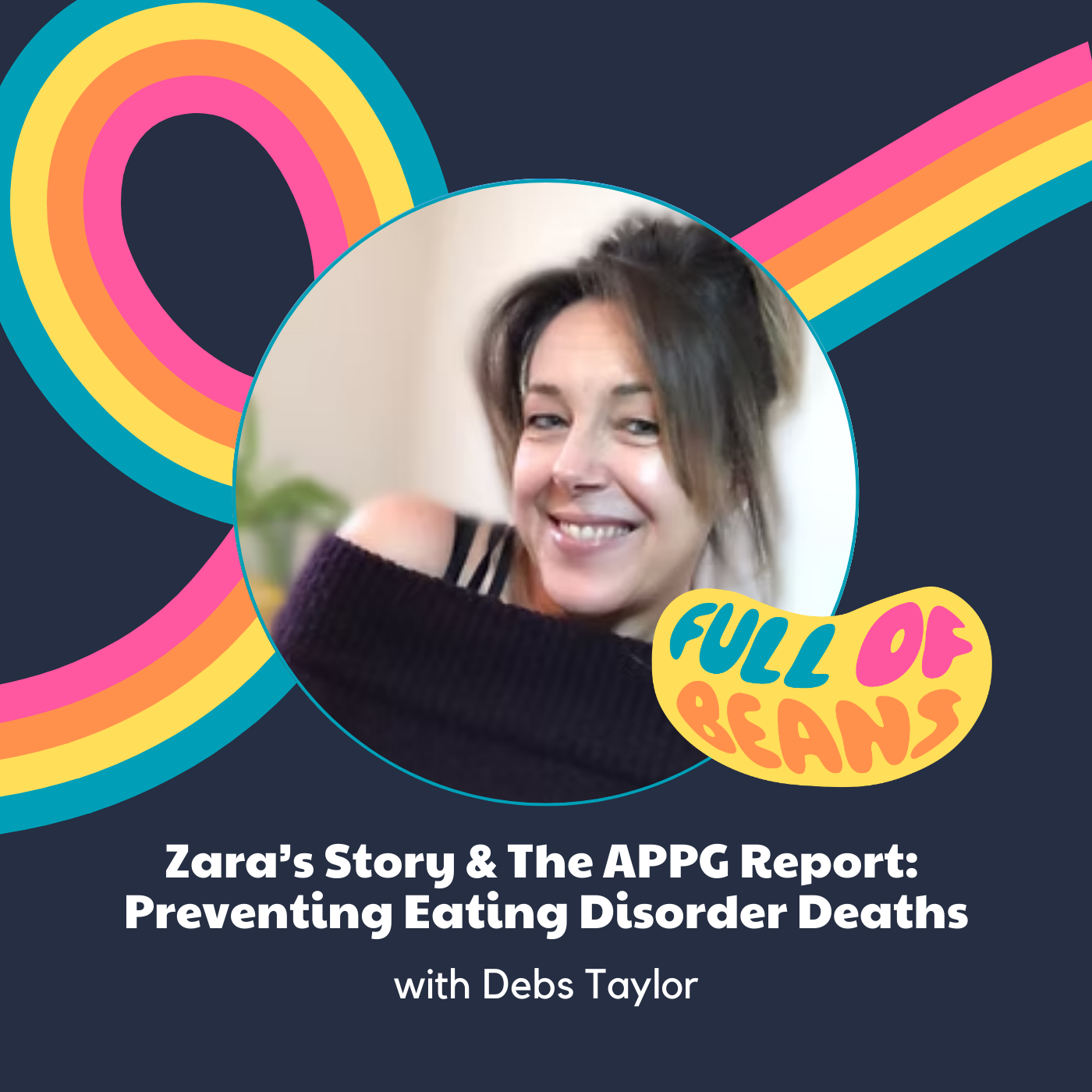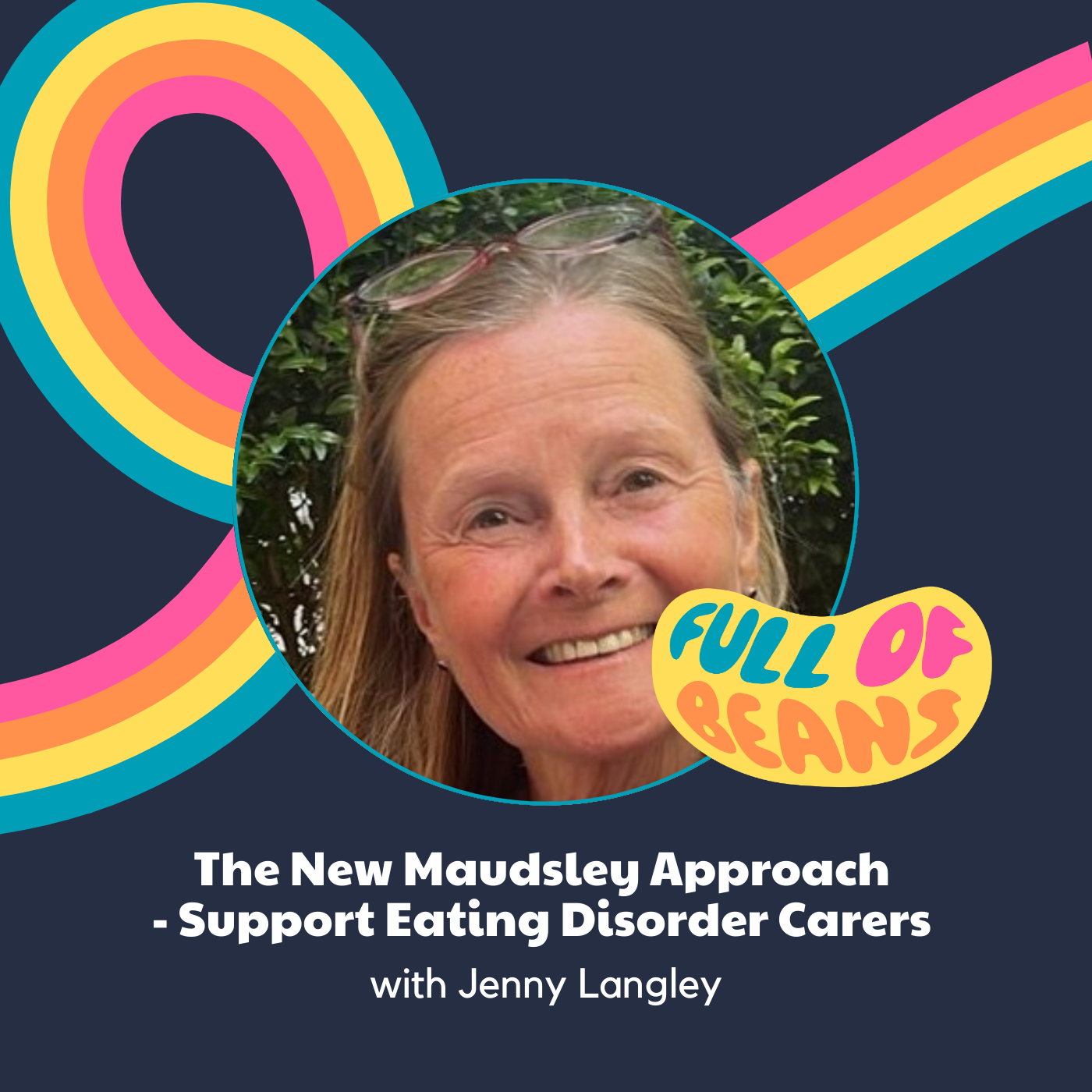Ward Rounds on an Inpatient Unit from a Researcher, Patient and Clinician Perspective
In this week's podcast, Han is joined by Vanessa Yim, David Vilijoen and Lyn Roberts. Vanessa is a Clinical Psychologist who ran a project as part of their clinical psychology doctorate to improve a patient's experience of clinical team meetings in an adult inpatient setting. David is a consultant clinical psychologist within Oxford NHS foundation trust, where the study was conducted, and Lyn is a former patient from the ward who participated in the study.
In this weeks episode, we discuss:
-
The purpose of the study evaluating the ward rounds/clinical team meetings (CTMs) in an inpatient adult eating disorder ward, and the aims of this study.
-
The impact of meeting size and "strangers" attending from the clinical team which could be improved by named nurses and meeting agendas to support decision-making for treatment formulation.
-
The importance of acknowledging a patients stage of recovery, medical and physical conditions, motivation and ambivalence when formulating treatment plans and engaging in shared decision-making with patients.
-
The impact COVID restrictions had on ward rounds in terms of impersonality.
-
The importance of trust between the clinical team and patients in order to achieve the best formulation for a treatment plan which can be complicated by the ED voice.
-
The importance of language used by the clinical team to reduce the power imbalance that can be observed by patients.
-
The importance of having benchmarks in place for requests whilst on an in-patient ward, and the pros and cons of having individualised vs group benchmarks.
To read the paper which has been discussed in this episode, please visit https://www.cambridge.org/core/journals/bjpsych-bulletin/article/patients-experiences-of-clinical-team-meetings-ward-rounds-at-an-adult-inpatient-eating-disorders-ward-mixedmethod-service-improvement-project/482579F1ADABBEF0C23E62100D5B943C.
Please note that this podcast discusses eating disorder topics that some individuals may find triggering. Please check in with yourself along the way, and remember this is not a replacement for clinical support and advice.

